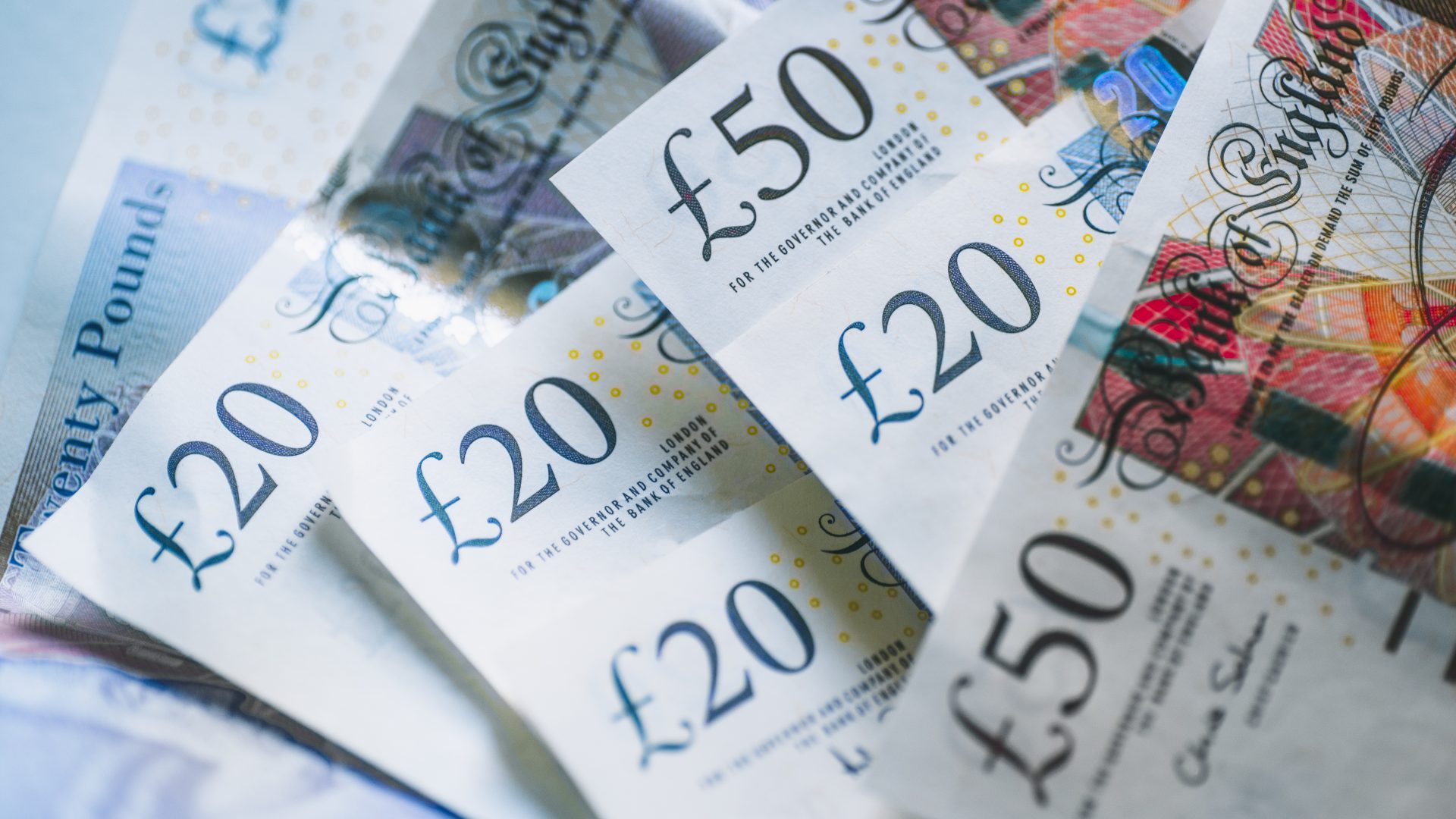The pound sterling has been having a slightly happier time of it recently. In 2022, against the dollar it went as low as $1.08, and now it is up at around $1.30. Against the Euro it is a similar picture – in the last year the pound has recovered from €1.11 to €1.19.
Although in both cases the pound is far weaker than it was on the day before Brexit, the recovery will be welcome news for tourists heading abroad this summer. But what lies behind the pound’s current success?
Well, it would be nice to think that it was all down to the Labour victory – and certainly there was something of an “idiot premium” surrounding the whole British economy for quite some time.
Basically, the Tory government was so bad, Brexit so damaging and Liz Truss such an abject failure and a worryingly inept PM that the markets demanded more money to account for the risks of investing in such an obviously badly run country. Hence the rise in the cost of borrowing and the weakness of the pound.
Happily, that “premium” has over the last year or so gradually evaporated and confidence has returned to the markets. Whether that is down to the work that Jeremy Hunt did to reverse Liz Truss and Kwasi Kwarteng’s disastrous policies or because everyone who could read knew he and the government were on the way out it is impossible to say. But it seems that the fear of a Labour government did not panic the markets – in fact the opposite seems to have been the case. Perhaps the thought of a government of grown-ups has helped.
But most of the pound’s recovery is, of course, down to much more hard-headed and rational analysis by the foreign exchange markets.
Many, many years ago I used to work in the FX department of a very large American bank, in a very junior role, and I can confidently assert that a nicer bunch of utterly ruthless, cold blooded, and clear-headed people it would be hard to meet. None of them then – and I am sure none of them now – would buy one single pound because they were feeling particularly patriotic or had a warm feeling about the UK’s prospects.
So, what has persuaded these unemotional dealers that the pound is worth more than it was worth last year? Well, for a start, all currencies are bought and sold against other currencies, so it is a double sided transaction. The British economy does not have to be doing well to see its currency rise in value, it can merely be enough that the US or eurozone economy is not doing as well. So, for instance, Germany – the largest part of the Eurozone by far – is having a difficult time, the war in Ukraine and disruption to supply chains has hit it hard. And so the pound sterling does better against the Euro as a result.
Then there are interest rates, which are a measure of how much you get paid for holding a currency. That means that recent growth and inflation figures in the UK and elsewhere are constantly being pored over by the markets. In the UK, growth seems to be improving but inflation does not seem to have been conquered. This makes FX dealers think that the pound is a good bet – the UK is now a recovering economy and the Bank of England will keep interest rates higher for longer to make sure inflation is beaten. What’s not to like?
But remember these are temporary factors. The pound is doing well compared with last year against some currencies. But as they say in those financial adverts “past performance is no guarantee of future returns”.










